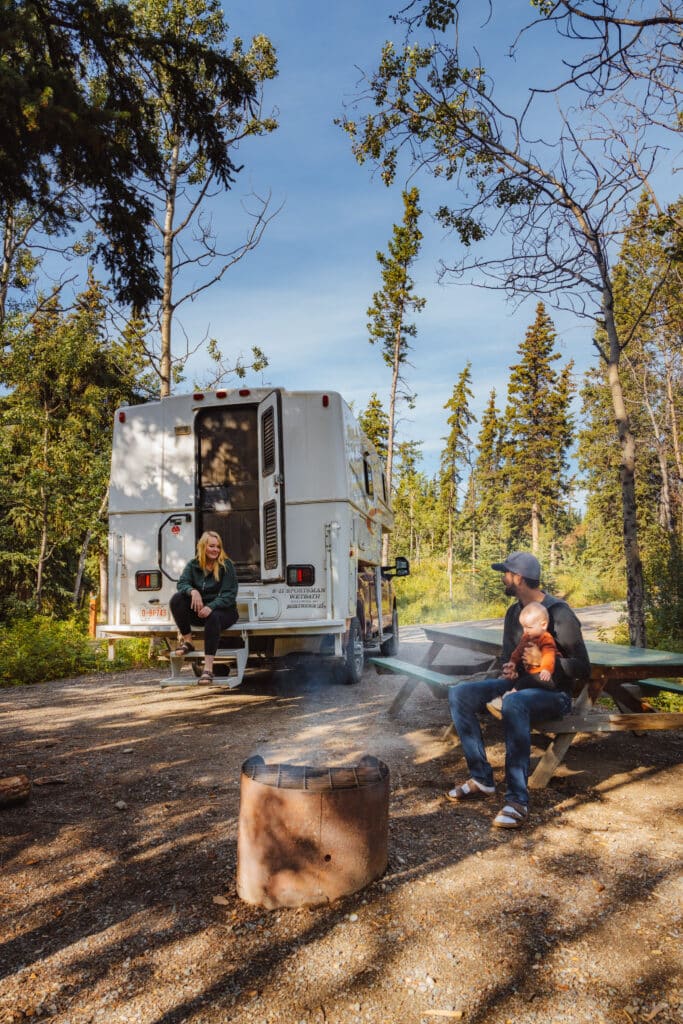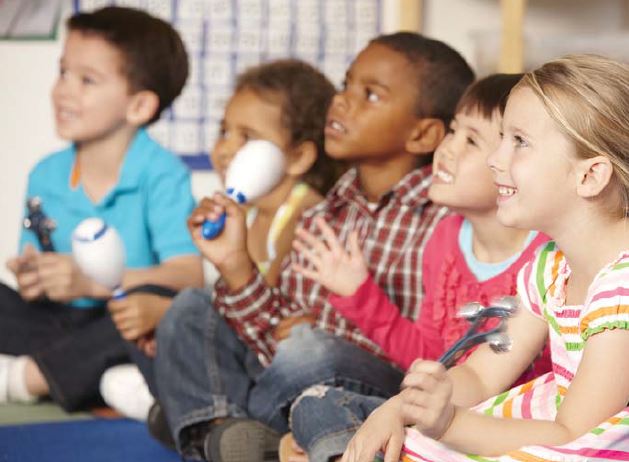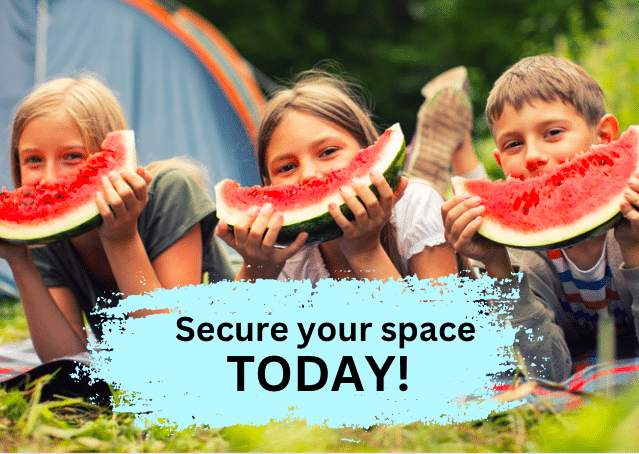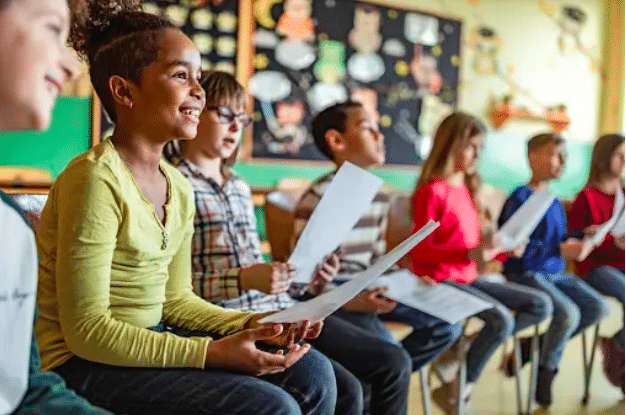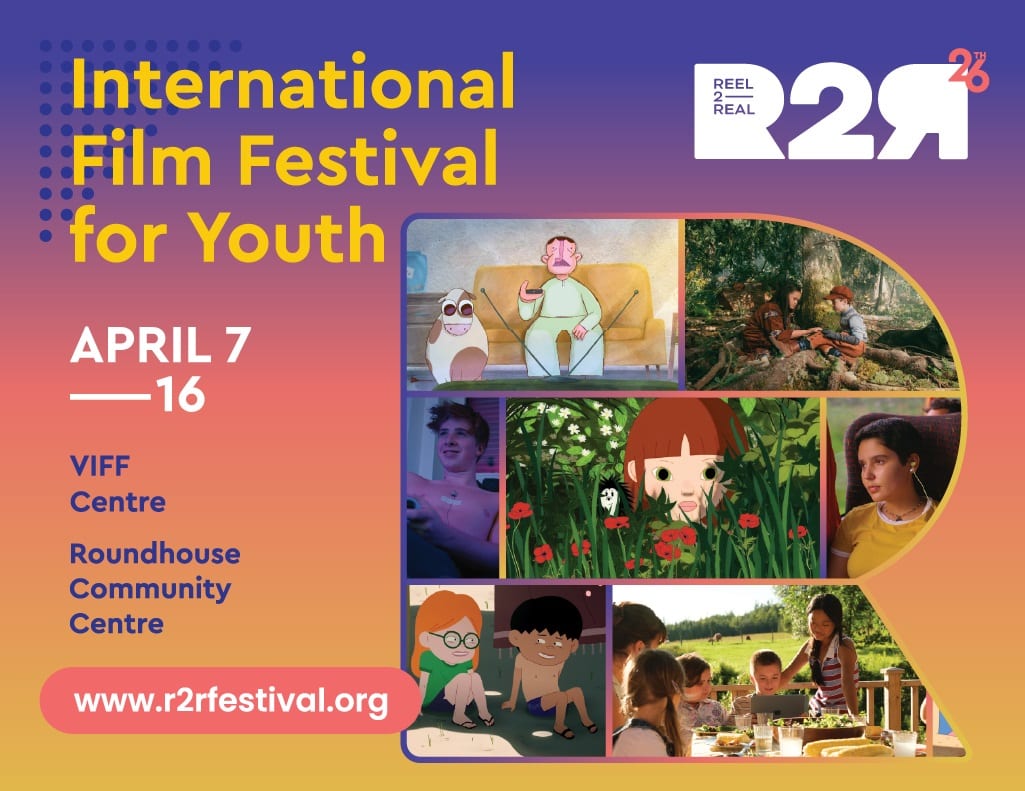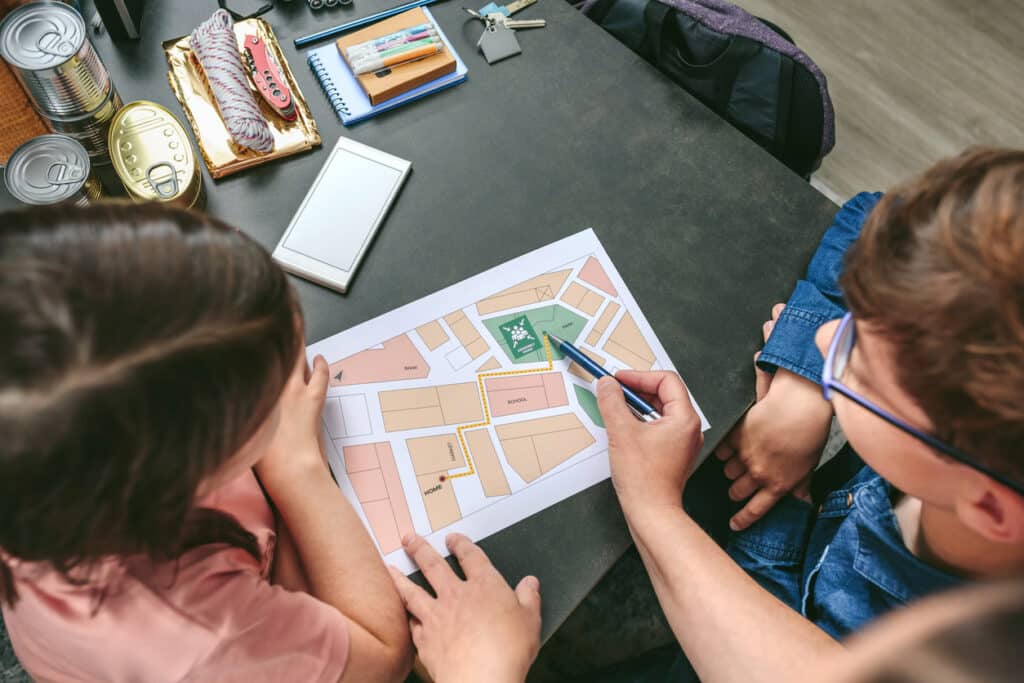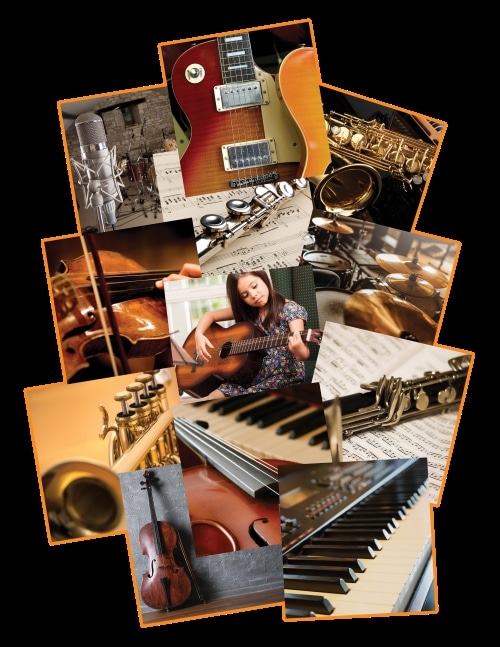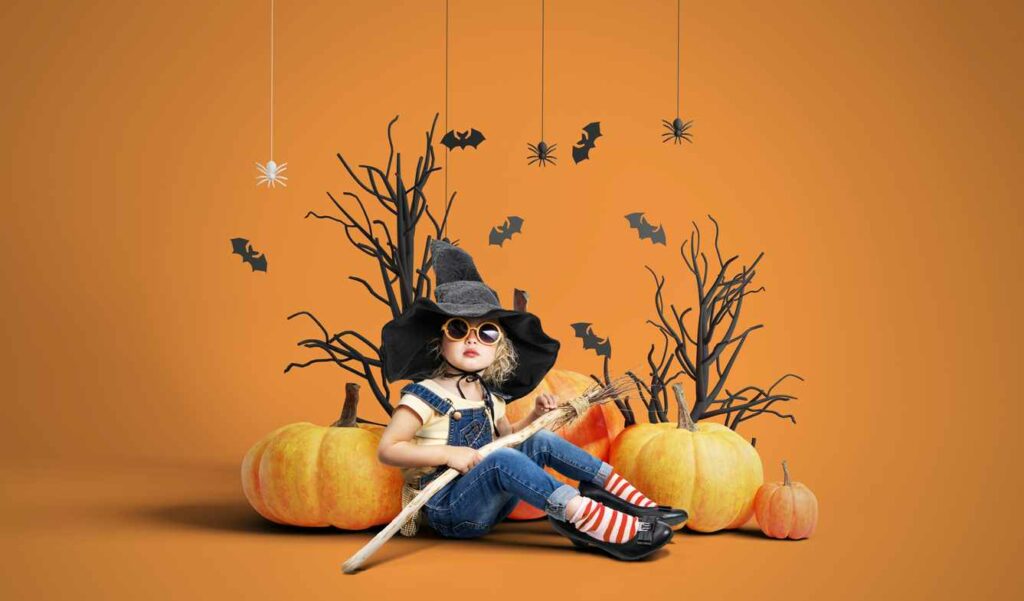Not Your Average Family Road Trip: RVing With Our Baby
When our newborn arrived, we thought our summer camping plans were off the table. Could we really go camping with a newborn? The idea seemed daunting at first—packing up our little one and hitting the road in an RV wasn’t going to be easy. But camping has always been a huge part of our lives,…
